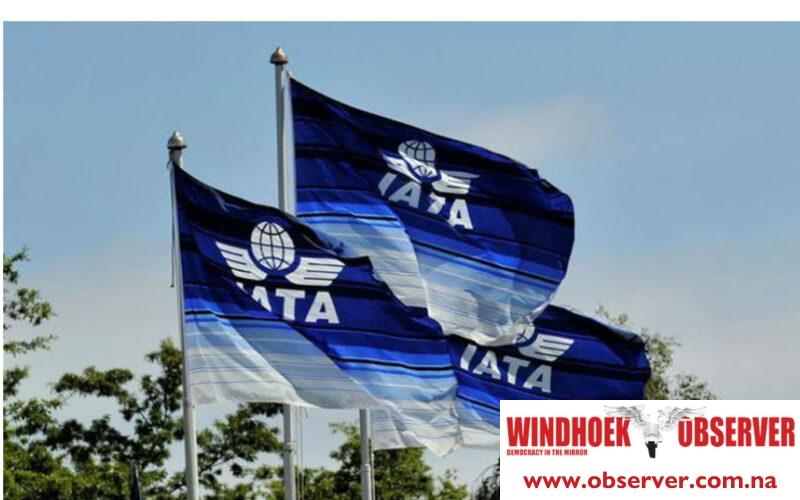The International Air Transport Association (IATA) reported that US$1.3 billion in airline funds are blocked from repatriation by governments as of the end of April. This is a significant amount, although it is an improvement of 25% compared with the $1.7 billion reported for October 2024.
IATA urged governments to remove all barriers preventing airlines from the timely repatriation of their revenues from ticket sales and other activities in accordance with international agreements and treaty obligations.
“Ensuring the timely repatriation of revenues is vital for airlines to cover dollar-denominated expenses and maintain their operations. Delays and denials violate bilateral agreements and increase exchange rate risks. Reliable access to revenues is critical for any business, particularly airlines which operate on very thin margins. Economies and jobs rely on international connectivity. Governments must realise that it is a challenge for airlines to maintain connectivity when revenue repatriation is denied or delayed,” said Willie Walsh, IATA’s Director General.
10 countries account for 80% of the total blocked funds, amounting to US$1.03 billion. These are Mozambique (US$205 million) and XAF Zone (US$191 million). The XAF Zone is made up of Cameroon, the Central African Republic, Chad, Congo, Equatorial Guinea, and Gabon.
The other countries are Algeria (US$178 million), Lebanon (US$142 million), Bangladesh (US$92 million), Angola (US$84 million), Pakistan (US$83 million), Eritrea (US$76 million), Zimbabwe (US$68 million) and Ethiopia (US$44 million).
Pakistan and Bangladesh, previously in the top five blocked fund countries, have made notable progress in clearing their backlog to US$83 million and US$92 million, respectively (from US$311 million and US$196 million in October 2024, respectively).
Mozambique has climbed to the top of blocked fund countries, withholding US$205 million from airlines, compared with US$127 million in October 2024. The Africa and Middle East (AME) region accounts for 85% of total blocked funds, at US$1.1 billion, as of the end of April 2025.
The most significant improvement was noted in Bolivia, fully clearing its backlog that stood at US$42 million at the end of October 2024.
IATA announced updates to its 2025 airline industry financial outlook, showing improved profitability over 2024 and resilience in the face of global economic and political shifts.
IATA said the first half of 2025 has brought significant uncertainties to global markets. Nonetheless, it added that by many measures, including net profits, it will still be a better year for airlines than 2024, although slightly below its previous projections.
The biggest positive driver is the price of jet fuel, which has fallen 13% compared with 2024 and 1% below previous estimates. Moreover, IATA anticipates airlines flying more people and more cargo in 2025 than they did in 2024, even if previous demand projections have been dented by trade tensions and falls in consumer confidence.




